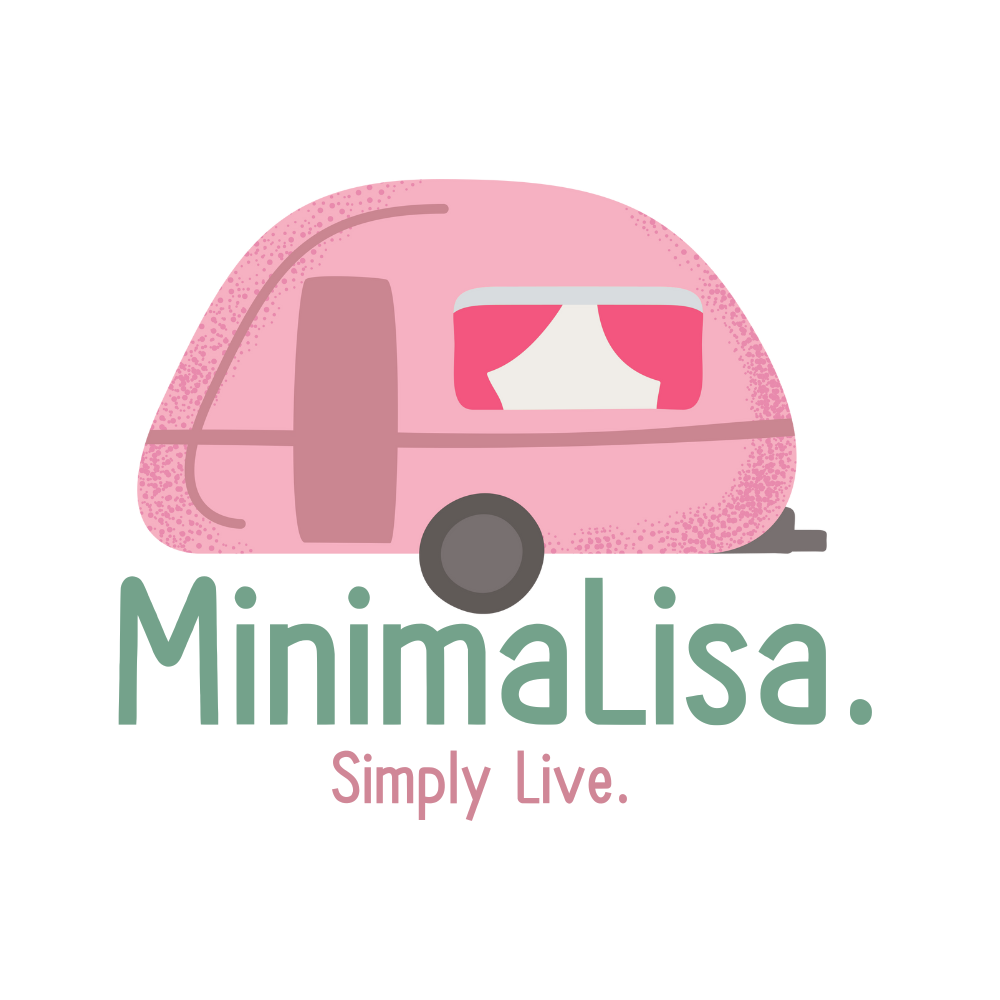There are moments in the day – not many, but they exist – when everything is quiet. No emails. No notifications. No need to respond. No need to rush. And in that moment, when silence finally arrives – it doesn’t always soothe. Sometimes it emphasizes. Sometimes it meets us in the void.
We sit by the window, but see nothing. We turn on the lights at home, but inside – it feels dim. There’s work, a paycheck, a daily routine – but no sense of purpose. No real internal commitment to anything.
Many people experience this feeling. Sometimes it comes after reaching a goal we fought for, and sometimes when everything is stuck. It can appear in the middle of life – in the middle of routine, in the middle of success. It’s quiet. Not dramatic. But gnawing. And when someone asks “What’s going on?” – it’s hard to explain. Because on the outside, everything seems fine. But inside – we’re not sure what it’s all for.
The Emptiness of a Full Life In many ways, we live in an age of abundance: instant access to information, products delivered to our doors, endless entertainment. But in a world that offers everything – many feel they have nothing.
This feeling doesn’t necessarily indicate depression. Often, it’s a general sense of flatness – everything we do, consume, say – passes through us without touching us. As if everything is covered in a thin layer of plastic. As if we’re living behind a transparent screen – seeing, touching – but not really feeling.
Pleasure is shallow. Inspiration is rare. Passion – muted or extinguished. And in all of this, a deep question begins to rise – is this life? Is this how it’s supposed to feel?
Life Without Meaning – Is Not Always Suffering. Sometimes It’s Just Hollow. There’s no crisis. No tragedy. But also no vitality. No direction. No inner connection between what we do – and who we truly are.
We move between tasks, external noise, expectations – and don’t stop to ask why. And when do we stop? Usually only when something breaks. When a relationship ends. When work collapses. When suddenly, there is silence. But maybe we can stop before that. Not wait for the fall – but choose to reflect. Choose to get closer to the simple question – what truly fills me?
Searching for Meaning Doesn’t Have to Be Philosophical – Sometimes It’s Just a Different Way to Live Meaning, contrary to popular belief, isn’t some grand idea we have to invent. It’s not a distant goal. Meaning is created when what we do – feels alive. When there’s alignment between our actions and our inner voice. It can be found in raising children. In creating. In a deep conversation. In tending a garden. In hosting friends.
The problem is – we’re often not there. We do things, but our minds are elsewhere. Or we’re so busy – we don’t have a moment to pause and ask: why am I doing what I’m doing?
This is Where Minimalism Comes In – Not as a Spiritual Answer, but a Practical Invitation Minimalism isn’t about aesthetics. It’s not neutral-toned furniture. It’s not about throwing everything away. Minimalism is mainly the willingness to face what is – and ask: what truly serves me? What’s excess? What is hiding the emptiness – instead of letting me meet it?
When we reduce the stimuli, the screens, the clutter – we begin to feel. Not always comfortably. Not always calmly. But truthfully. And then – space opens up. Space to see what we long for. What speaks to us. What’s missing – not at the mall, but in the heart.
Minimalism Makes Room for Emptiness – Not to Stay in It, But to Listen to It The fear of boredom, of emptiness, of silence – leads us to fill every moment. But when we reduce – we begin to meet ourselves. And when we truly meet ourselves – deeper questions begin to arise:
When was the last time I did something without a practical goal?
What gives me a sense of connection?
What parts of myself am I suppressing just to get by?
What do I love – not because I should, but because it’s me?
The Steps Aren’t Always Dramatic – But They Add Up Meaning doesn’t land like enlightenment. It forms gradually – from a new routine, from emotional openness, from the willingness to feel. And as we begin to simplify – new practices emerge:
Quiet journaling – choose an hour a day with no stimulation. No screens, no distractions. Just presence. Sit, write, listen to what arises.
Reducing emotional purchases – pause before buying and ask: am I shopping because I feel empty? And if so – what is really missing?
Deep conversations with close people – not just what’s new, but what’s moving within us. What we’re feeling. What’s truly on our minds.
Start saying no to things that don’t align with our values – even if everyone else is doing them.
Ask one open-ended question each day – about life. About ourselves. About our relationship with the world. Not always looking for answers – but choosing to live with the question.
Meaning Arises When There’s Space to Feel Many seek meaning, but forget that time and quiet are needed to find it. The overload – material, emotional, mental – keeps us from reaching the inner space.
Minimalism doesn’t solve everything. It doesn’t promise answers. But it creates a space where the questions can begin. And in that space – slowly, the emptiness becomes fertile ground.
Living With Less – To Feel More In the end, the feeling that we “don’t feel anything” – is a call. A call for a life with depth. With presence. A life where we don’t just function – but truly touch.
Minimalism is one way to respond to that call. Not out of ideology – but out of gentleness. Out of a choice to turn down the noise – so we can finally hear what’s inside.
And sometimes, just choosing to listen – already changes something within us.


